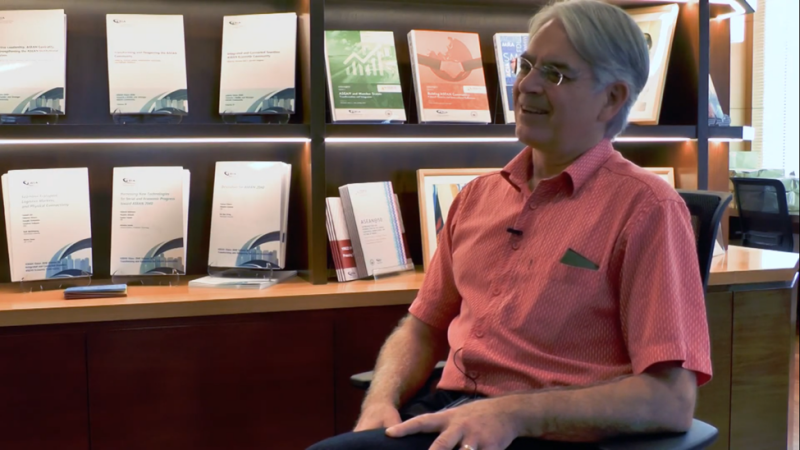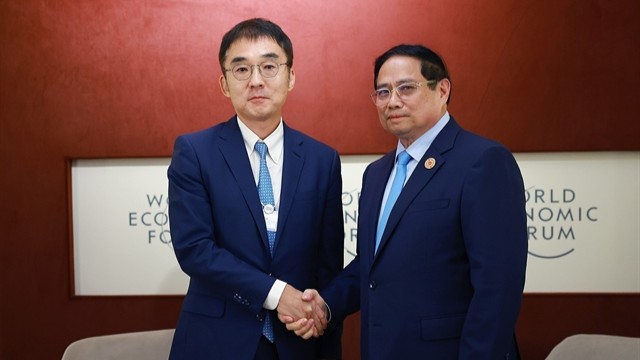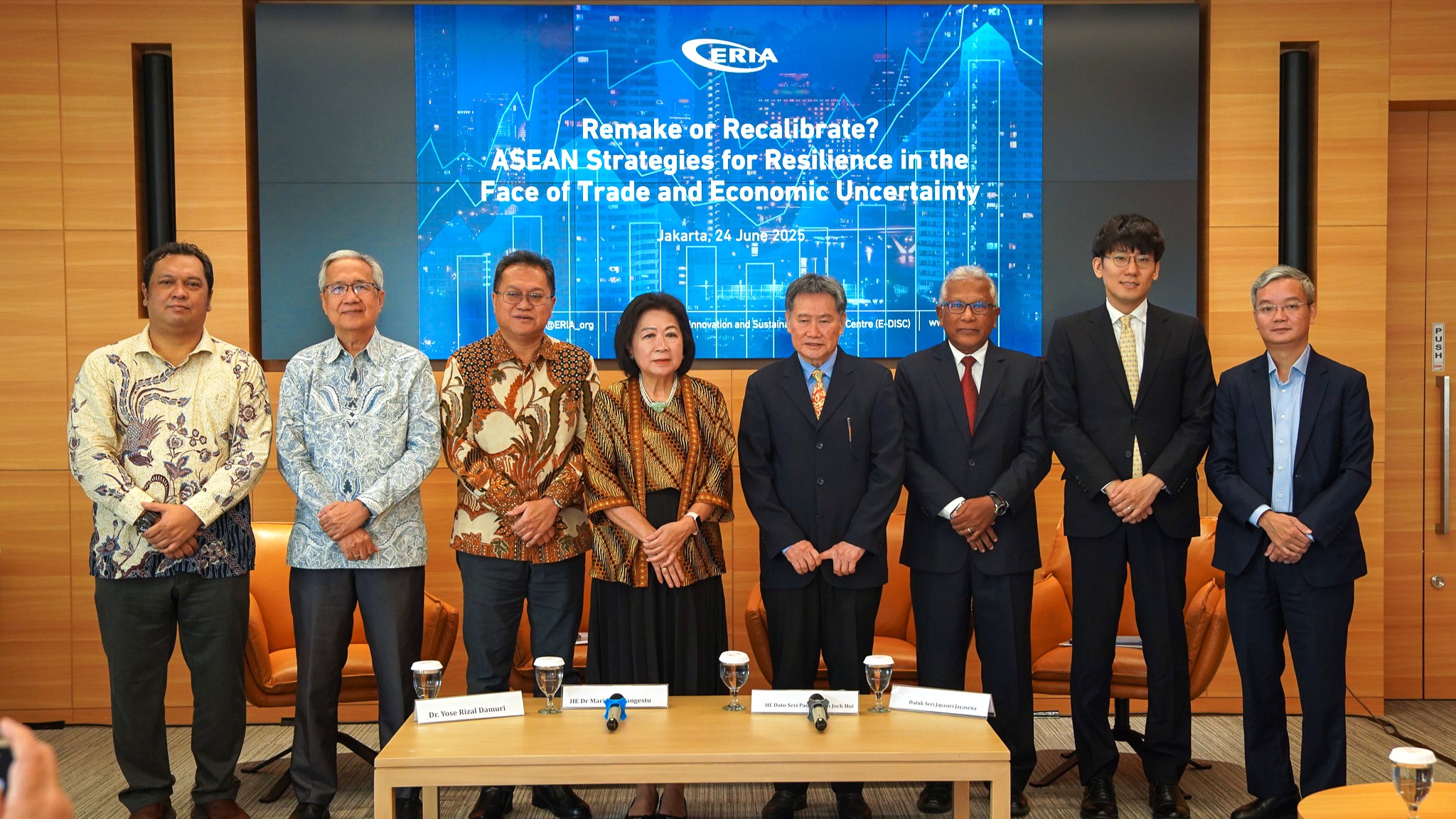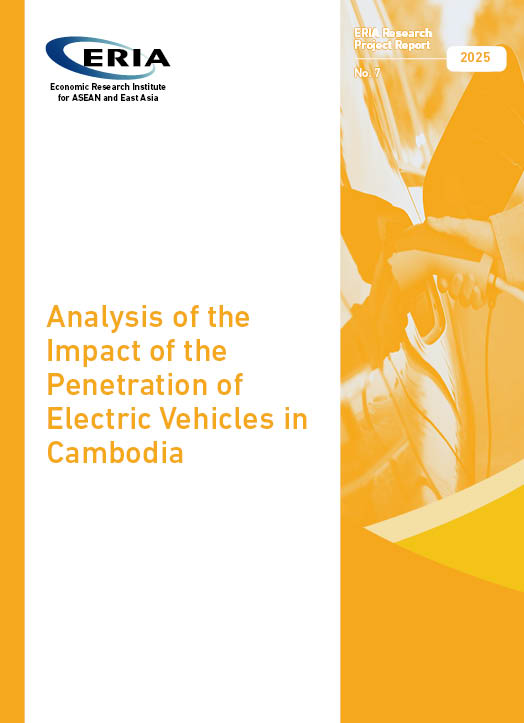Interview with Prof Ian Coxhead: Labour and Growth in ASEAN
Date:
24 June 2020Category:
NewsTopics:
ASEAN, Labour and MigrationShare Article:
Print Article:
Jakarta, 24 June 2020: The Economic Research Institute for ASEAN and East Asia (ERIA) hosted an interview with Prof Ian Coxhead who shared his insights on the future of globalization, labor, and growth in ASEAN. Dr Coxhead is a Professor at the Department of Agricultural and Applied Economics, University of Wisconsin-Madison, and specializes in the economics of development of East and Southeast Asia.
The Director of Communications at ERIA, Ms Lydia Ruddy, opened the discussion with a question regarding ASEAN’s current challenges in terms of growth. Prof Coxhead explained that ASEAN continues to face the obstacles of accumulating productive factors namely capital, human capital, and new technology. The next step for ASEAN Member-States (AMS) is to apply these factors productively to increase total income for the region and each respective country. This is necessary to avoid the ‘middle-income trap’, which Prof Coxhead defined as ‘a slowing down of economic growth caused by a decline in the rate of productivity.’ For AMS to avoid falling into this ‘trap,’ the region must invest in the means and productive application of new ideas.
ASEAN has maintained its openness towards multilateralism against the backdrop of the global growing movement of inward-looking policies. Prof Coxhead highlighted the benefits AMS has experienced by partaking in globalization, particularly in terms of trade activities. ASEAN’s participation in global trade has enabled the region to specialize production to take advantage of strengths thus attaining a higher level of income from efficiently using existing resources. To achieve the equitable distribution of gains from globalization, Prof Coxhead calls for a well-functioning labor market.
In the context of recent rising global trade tensions and the increasing backlash against globalization, ASEAN should work as a group to have a louder, more effective voice in global trade affairs. The performance of the intra-ASEAN trade and the region’s pattern of specialization within ASEAN and between ASEAN and the rest of the world are examples of the benefits gained when the regional body works as a unit.
ASEAN must also address the issues of automation and Industry 4.0. Prof Coxhead shared that automation would undermine the capacity to create large-scale employment for low-skilled workers in the garment, footwear, and furniture industries. This inevitability is poised to challenge poorer ASEAN countries, such as Cambodia and Viet Nam, whose strengths in global trade are in their low-skilled labor. Dependency on low-skilled labor results in a workforce that lacks flexibility, creativity, and skills. For this reason, the region must strategically invest in its human capital so the skills and technologies needed now and, in the future, will be met. However, through the availability of microdata, Prof Coxhead noted that academics would be able to ask detailed questions to initiate discussions on important topics such as productivity growth and capacity for specialization.
As a leading research institution, ERIA has the advantage of participating in academic discussions on improving ASEAN’s future growth. ‘ERIA is a unique institution in that it’s got a regional reach and a great deal of special regional knowledge so that sets it apart from all of the other national institutions that have overlapping mandates. ERIA researchers, I think, have a really nice perspective on the region. They have the opportunity to look across the region and engage in comparative research which is very productive,’ stated Prof Coxhead in closing.








